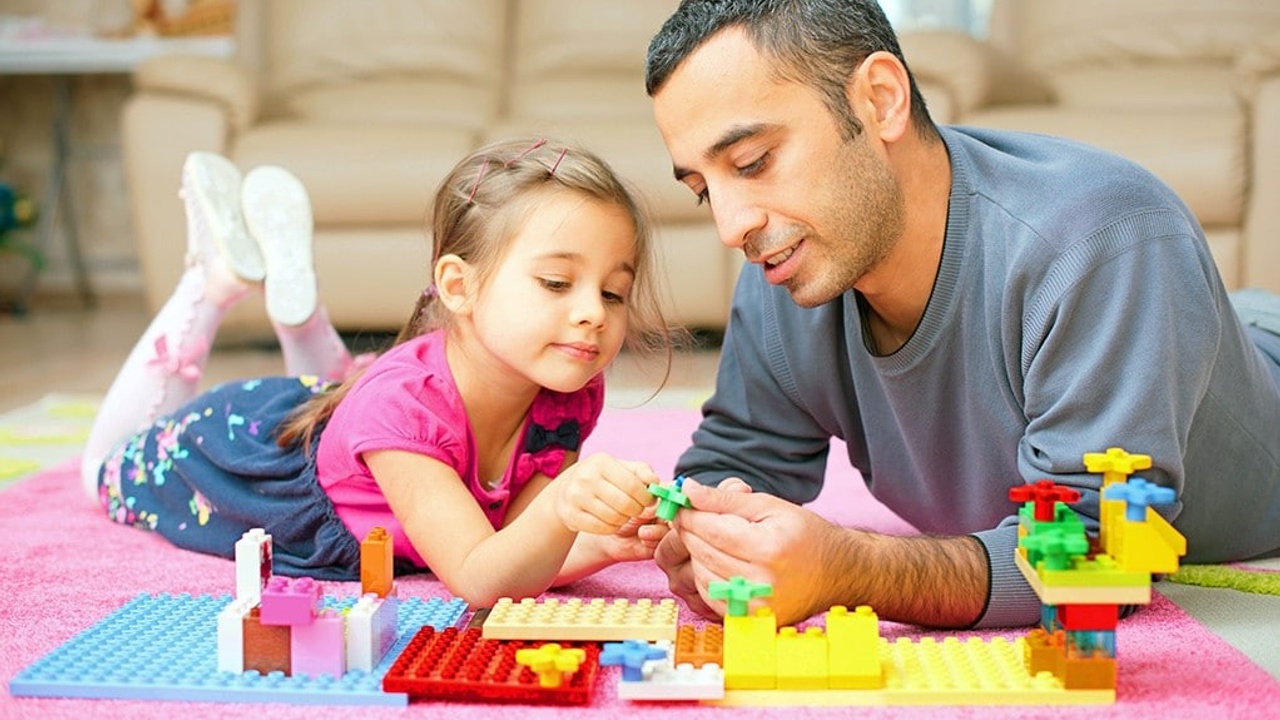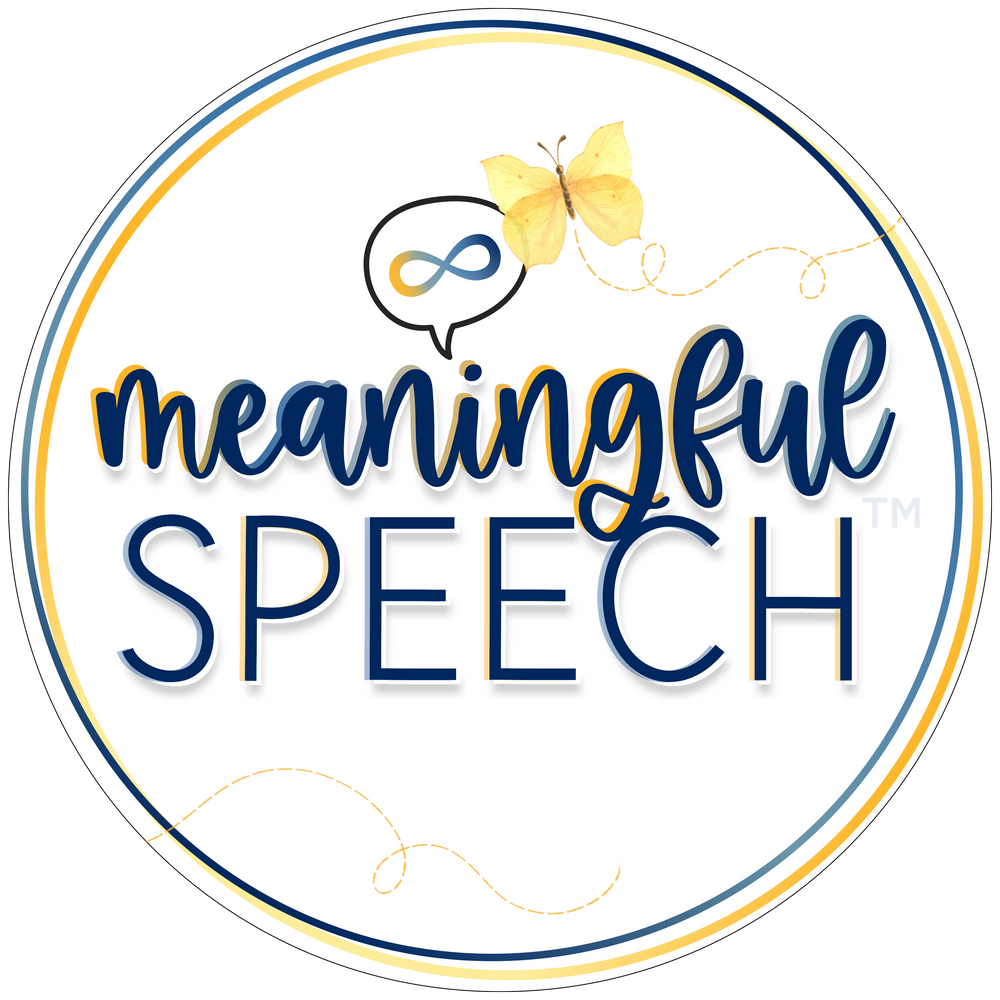My gestalt language processor communicates with many “in context” single words. Why and what do I do?
Nov 29, 2022
"Most gestalt language processors will take whatever language we give them." - Marge Blanc. They will take it, memorize it and say it but that doesn't mean it supports their language development.
Many gestalt language processors have a few, several, or hundreds of "stuck" single words. Why?
Reason #1 -Well meaning adults in their lives thought they needed "more words," thought they needed to label or thought that giving them single words would support their language development.
Reason #2 - Well meaning therapists who only understand analytic language development see the child as a disordered analytic language processor and feel the way to "fix" it is with analytic language strategies like labeling and building vocabulary.
Both of these reasons lead to gestalt language processors that amass all these single words that "go nowhere." An analytic language processor can take those single words and build upon them, expand their utterances and eventually construct sentences.
Example (analytic language processor expanding on a single word):
"Dog"
"Big Dog"
"Pet big dog"
A gestalt language processor in Stage 1 of their language development processes all units of language (whether many words or one word) as one unit that cannot be moved/combined/changed.
Example:
Long unit "All dogs go to heaven"
Short unit "dog"
Focus is on the intonation, the emotional and meaningful experience tied to that gestalt. Focus is NOT on the word/words. Both are treated as one unit by a stage 1 gestalt language processor. If they learned "dog" from having a pet or seeing a flashcard it is still the intonation and meaningful first experience that makes it a gestalt for them. It is a "stand alone" unit to them. They may label "dog" when they see one BUT they won't begin to say "big dog" or "black dog" in stage 1 because the "dog" gestalt can't be combined and is not being processed as a true single word.
So, what do we do with all these single word gestalts if we can't expand upon them or build off of them?
1. Acknowledge all gestalts, long or short by smiling, head nodding, saying "yeah" or "okay" or repeating the gestalt.
2. Leave single word gestalts ALONE. Don't try to expand upon them. Acknowledge them and let them be.
Example:
Child: “Car"
Adult: “Let’s go in the car!”
We do not want to try to expand upon the single word gestalt like the adult does in this example. The child does not process “car” as a true single word and therefore is unable to expand on it.
3. Model NEW 2-3+ word gestalts for the child. A gestalt language processor in stage 1 needs more gestalts. Just like an analytic language processor needs more words in the first stage of their language development, a gestalt language processor needs more gestalts in their first stage!
Example:
Child: “Car”
Adult models: “Let’s go!”
*the adult knows the child uses this single word gestalt every time they want to go somewhere so they model a completely novel gestalt instead of trying to expand or build upon “car”*
4. Don't worry if you are working with a child that has a lot of single word gestalts that were taught or inadvertently picked up. When they get to stage 3 and "free" all the words from their longer gestalts plus begin to process words as units a lot will fall into place for them. Keep your focus on modeling more gestalts in stage 1. Keep things playful, vary your intonation and bring in the excitement and drama. That's what makes new gestalts "stick" for GLPs!
Want to learn more in-depth information about how to support gestalt language processors?
-
There are many free podcasts, webinars and articles to get you started. A comprehensive list of resources can also be found on our website.
-
Consider taking the Meaningful Speech course to learn more about how your child or client processes language and how you can help move them from echolalia to self-generated (original flexible) language.
-
Consider joining the waitlist for our new AAC + Gestalt Language Processing course that will be released in February of 2023! It will teach you how to identify, evaluate and support gestalt language processors who use AAC.
-
Look for a speech-language pathologist (SLP) who "gets it" and can help you in supporting your child's language development. Check out our registry. for SLPs who understand gestalt language processing and child-led therapy.
